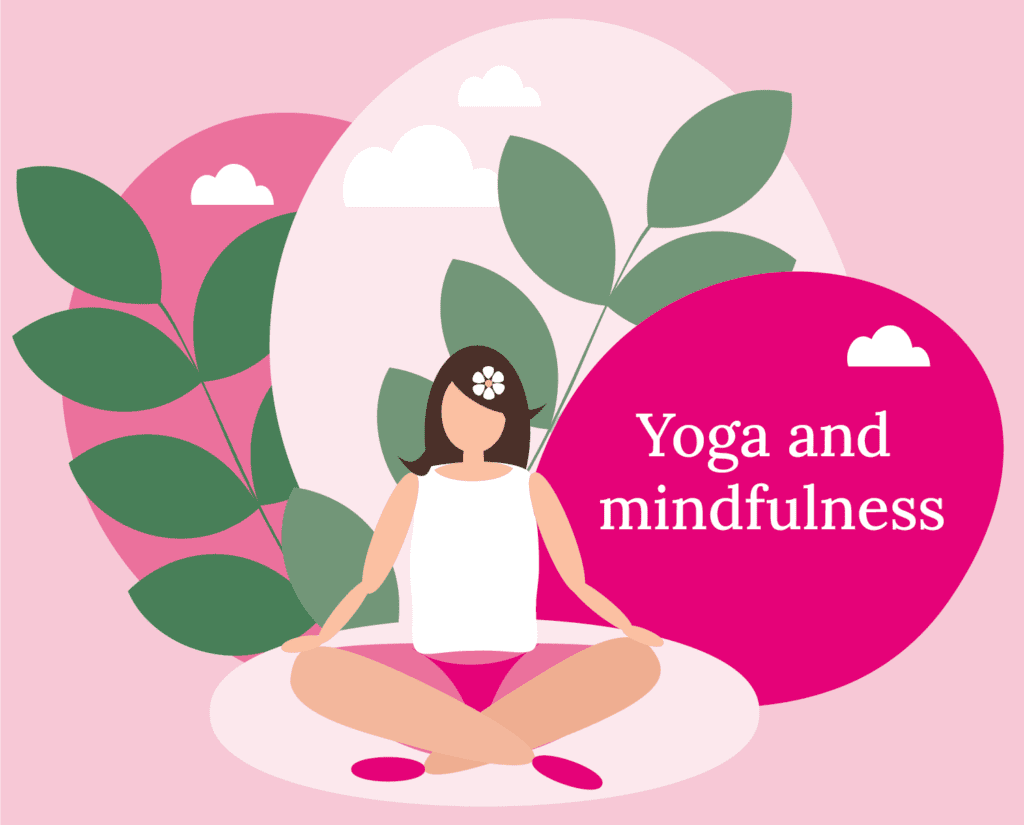
In yoga, we often teach a wide variety of breathing exercises, meditations and visualisations, moving the body in tune with the breath and mind, and the all-important savasana at the end of class, some of the important ingredients of the mindfulness repertoire.
But it is important to know the difference – a Mindfulness-based cognitive therapy (MBCT) session is not a yoga class, and more often than not, a yoga teacher is not a trained mental health professional or a fully trained mindfulness practitioner. But a well-qualified yoga teacher can certainly add to the richness of any mindfulness practice with yoga nidra (yogic sleep), guided visualisations particularly based on the 5 senses, a variety of breathwork practices, guided tea ceremonies and sound baths.
Sometimes called embodied cognition, mindfulness is when you actively tune in to the messages your body is sending you, focussing on thoughts, sensations and your surroundings, so that instead of feeling overwhelmed or ignoring them, you can acknowledge these thoughts and manage them.
There have been a few studies on how a mindfulness practice can help ease menopausal symptoms. Scientific research already shows that yoga, breathing, mindful movement, meditation, and relaxation are good for general health and easing symptoms of stress, anxiety and other mental health conditions, which may or may not be part of your menopause journey.
Key to a mindfulness practice is nonjudgement of yourself, an important habit to adopt during your menopausal phases. BE KIND TO YOURSELF!
